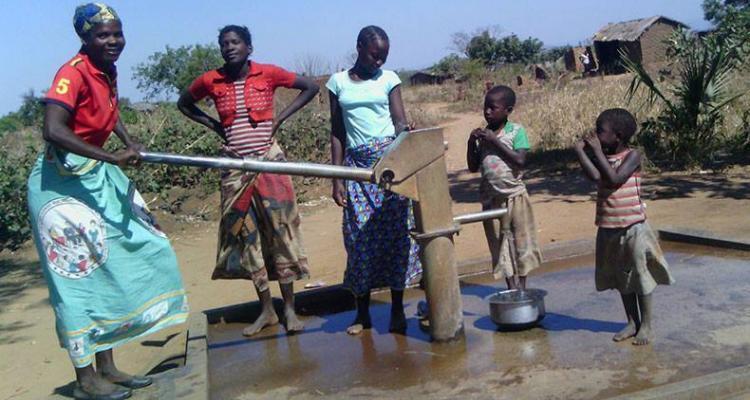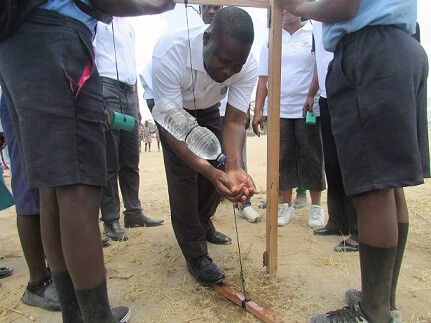
The Association of People with Physical Disabilities in Malawi (APDM) has urged various sectors to ensure the Water, Sanitation and Hygiene (WASH) programs implemented in various areas of the country are disability friendly.
The remarks were made in Chikhwawa on the sidelines of training session for a one year project dubbed Inclusive Water, Sanitation and Hygiene for Persons with Disabilities (PWDs) which has been introduced by the association.
National Chairperson for the project Charles Khaula said it was necessary that the water and sanitation sector should include persons with disabilities because the development agendas and development projects of water and sanitation services would not be equitably shared, unless the needs of persons with disability have been factored in the services provision.

“If water is indeed “life”, then no one should deny people with disabilities their right to life, and if sanitation precipitates health and that we believe the saying “health is wealth,” then people with disabilities ought not to be excluded because they are the world’s poorest of the poor and are not exception from the desire of being wealthy.
“The rationale behind inclusive accessible designs for WASH facilities is based on three key important factors, namely; the benefits that comes with it, its cost-effectiveness and environmental aspects,” said Khaula.
He said no matter how well designed the facilities might be, other factors such as location, distance and approach path affect accessibility and need to be part of inclusive planning and design.
Khaula further stated that as an association they looked at how important issues of WASH are not only for persons with disabilities but everyone in Malawi and in particular in Chikhwawa district where the project is to be implemented in three Traditional Authorities of Makhwira, Ngabu and Chapananga.
The association’s chair was worried with the continued construction of facilities that were not disability friendly citing some villages that were still clinging to construct toilets for example that were using the old style where it became very difficult for persons with disabilities to use.
“There are quite a number of gaps in WASH facilities if you look at the toilets being built they still maintain the old system but now we can change the style where we can use wood or other locally available materials where we can put something inside that will assist the people with disabilities to sit on whenever they want to use a toilet because squatting becomes a challenge for most persons with disability,” he said.
On his part, Chikhwawa District Chair for the association, Blessings Chikwakwa, commended the association for bringing the project to the district saying there was a lot needed to be done in as far as improving inclusive issues in Water, Sanitation and Hygiene for persons with disabilities was concerned.
He said there were still some issues that negatively affect persons with disabilities indicating discrimination as a major problem especially in areas of relief items while calling on government and other stakeholders to intervene.
The Inclusive Water, Sanitation and Hygiene for Persons with Disabilities (PWDs) Project is done with support from the United States based Disability Rights Fund (DRF).














